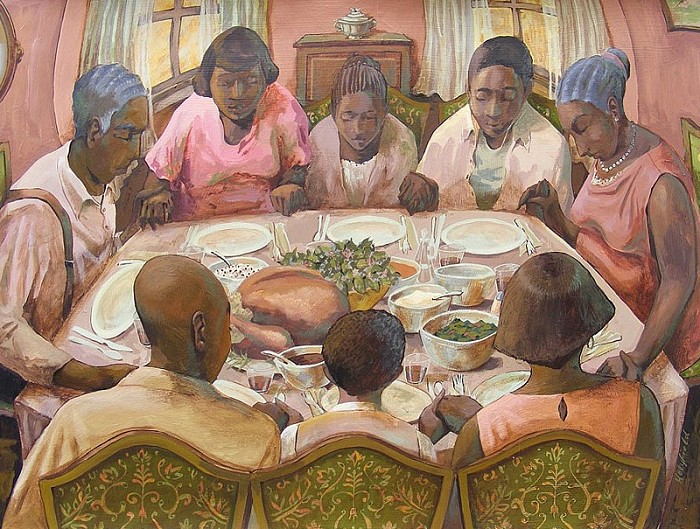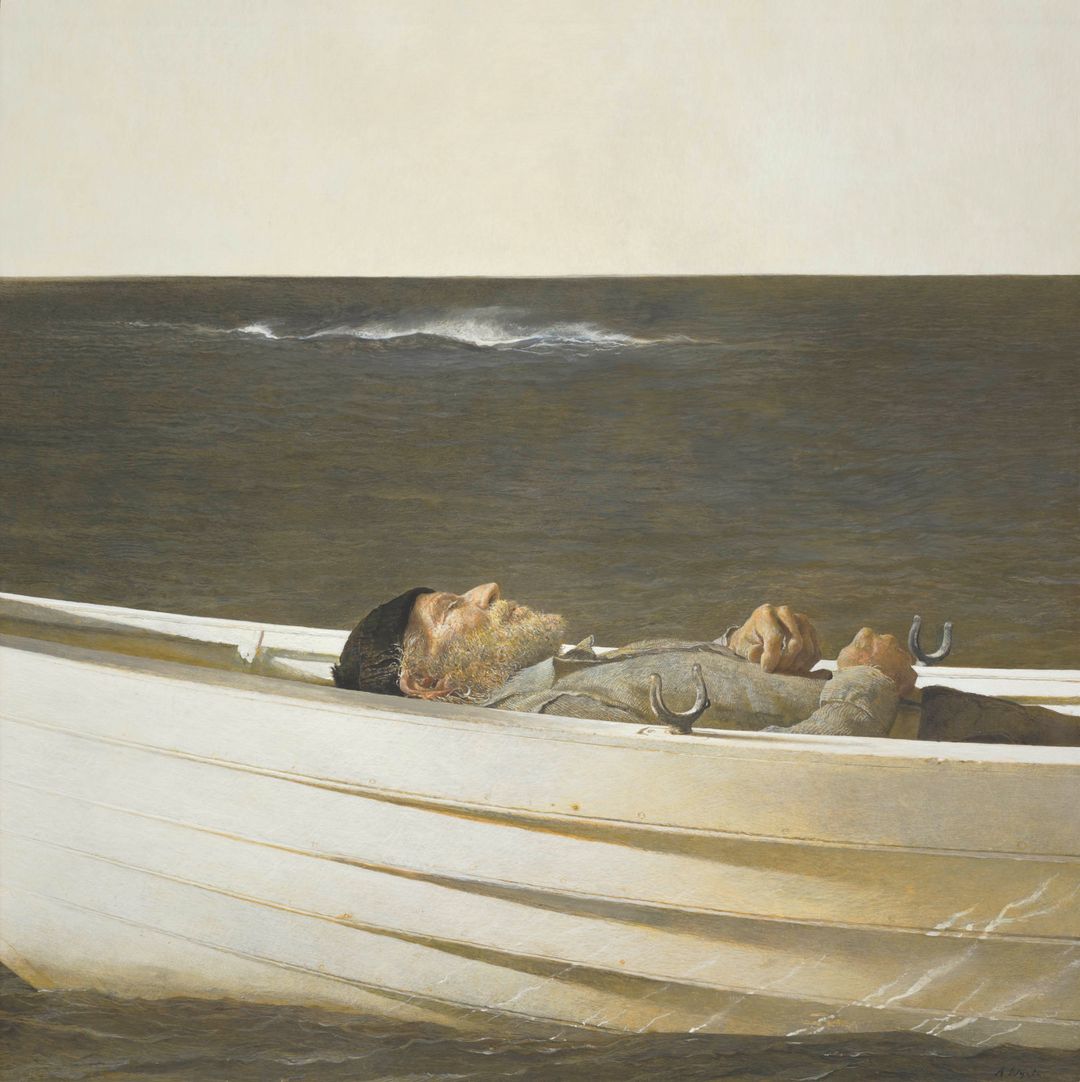Fred's Blog
-
Scrooge Repents
While I would not say I have been Scrooge, I have come close. In fact, the whole period between Thanksgiving and the end of the year has always seemed like an unnecessary drag on productivity. More Prevent than Advent as people don’t return phone calls or start new projects. Christmas puts everything on hold. People go on vacation or leave early to shop and spend time with visiting family. I know part of it can be traced back to my own family growing up…but I have to admit while I have changed any number of things I learned growing up, I have kept my Scrooge-like attitude toward Christmas. Well, that…
-
Twist of Fate
If you read biographies, you notice a recurring pattern in the lives of many great leaders: early success followed by years of obscurity and hardship – even rejection and exile Child stars and prodigies often experience the same. Writers and artists may show promise and then languish for decades before creating anything again. One-hit wonders are common in music, as are novelists who cannot produce a second best-seller. Sometimes circumstances change beyond their control. Silent movie star Rudolph Valentino’s voice was not suitable for movies with sound. Yasha Heifitz was brilliant as an untaught prodigy but being taught how to read music ruined him for years. Marlon Brando had been in a 10-year…
-
Organizing Genius
A.S. Neill was the iconoclast founder of the Summerhill School in England. His educational philosophy of allowing children to pursue their own interests free from the interference of artificial standards, adult experts and the use of “teaching through fear” gave him both accolades and scorn. Neill himself, while a poor student, became one of the most influential (and controversial) educators of his time. He believed that the best teachers could do was leave children alone to develop naturally. All children, he contended, have an innate desire to become adults and that is not possible with a teacher or adult hovering over them attempting to teach them lessons or tell them…
-
The Years Between
We love dreamers and visionaries. We revere the people who never, ever, ever give up but persevere and despite all the obstacles manage to turn that dream into reality. There could not be a better time in history for people like this. Dream. Run with it. Make it happen. But, in the words of the poet Langston Hughes, what happens to a dream that languishes for decades? What happens to a dream deferred? Does it dry up like a raisin in the sun? Still Strong Those words reminded me of the stillborn dream of Caleb in the Old Testament. There is no better example of an ambitious and determined dreamer. Most often we…
-
In All Things
He sat down, paused before he spoke and then said, “It’s too much for me to give thanks. I cannot be thankful for this. I will never be thankful for this.” He and his wife had lost their son and someone with the best intentions had quoted Paul’s instructions to the church in Thessalonika, “Be thankful in all circumstances, for this is God’s will for you who belong to Christ Jesus.” Then was not the time to say, “Paul did not say be thankful for everything – but thankful in everything.” Yet, that is what I thought about for days afterwards. Paul says, literally, eucharisteo, in everything and in every…
-
The Task Of The Age
One of the most watched events of 2012 was Nik Wallenda’s tightrope walk across Niagara Falls. In doing so, he became the first man ever to walk directly over the Falls. If you saw it you may remember the mist obscured image of his dropping to one knee, fist-pumping and running to the end of the rope into the arms of his family. It was a great moment of personal victory. I’ve not seen any leadership books so far based on his feat. Why not a best-seller titled “Five Keys For Taking An Organization Across Niagara Falls”? I suspect everyone knows the personal skills and appetite for risk required to…
-
The Game Has Changed
When I worked with Bob Buford, I asked him how he had become so successful in the cable television business. His quick response was they had concentrated on being a dominant supplier to a specialized niche. That meant his company was not the only game in town but was so good at what they did that people thought of them first. They occupied the mental box marketers call “top of mind.” While winning this space may not eliminate competition, it makes it harder for others to win away your customers. For decades nonprofits have occupied a similar box in the minds of private foundations and donors. I remember well an…
-
Adrift
The test of a long life is staying vital and not drifting. Few of the leaders of Israel were able to be good for the long run. They eventually gave in to deceit, drift or the ever present temptation to worship other gods. There were many strong starts but scarcely any that endured. They became isolated from challenges to their whims and foolish choices. They were seduced by power and surrounded by liars and sycophants. The circle of trusted friends grew smaller and the ring of influencers with vested interests grew larger. Living longer only increased the odds of ending badly. It’s a question for some of us as well. …
-
The Over Examined Life
According to Socrates, “The unexamined life is not worth living.” I suppose that is right for the most part. However, is it possible to have an over examined life? In the last several years, I have been in conversations with people young and old about what it means to do something meaningful with their lives. For the young, it is mostly a question of investing their future years in a fulfilling and purposeful career – or series of careers. For many, this leads them to nonprofit work or social entrepreneurship as they have serious doubts about the value of either a corporate career or “menial” work. For the older, it…
-
Against The Flood
From the first days of the Church there have been competing beliefs about the second coming and end times. Yes, there were and are false teachers but most of the confusion has resulted from jumping to conclusions about certain signs, overly excited imaginations or just different readings of Scripture. Why else would we have pre/post/a millennial interpretations? Why else would we have an end times industry? From the outset there have been two major perspectives on the role of the Church in the world as we await the second coming of Christ. There is the conquering Church– the Church triumphant. There are those pursuing dominion in the world and, in…










